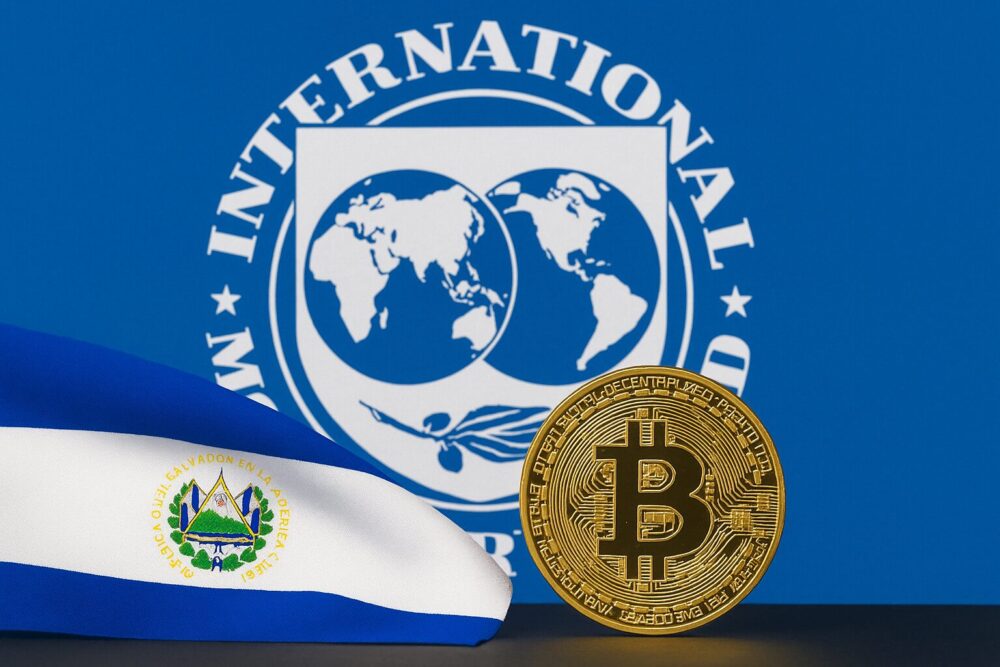El Salvador has once again doubled down on its Bitcoin strategy, purchasing eight more bitcoins despite mounting pressure from the International Monetary Fund (IMF) to curb its cryptocurrency activities.
The move, announced by the country’s Bitcoin Office, comes shortly after the IMF praised El Salvador’s economic reforms during a review of a $1.4 billion loan agreement. The nation now holds 6,190.18 BTC, valued at over $674 million, signaling its unwavering commitment to its Bitcoin treasury strategy.
IMF’s push to limit El Salvador’s crypto activities
The IMF, which reached an agreement to disburse $120 million to El Salvador pending executive board approval, has repeatedly urged the country to halt government-led Bitcoin purchases and phase out its involvement with the Chivo wallet by July’s end.
The global lender emphasized that El Salvador must ensure its Bitcoin holdings across government wallets remain unchanged to meet the terms of the 40-month loan deal struck in December 2024.
President Bukele’s defiant Bitcoin strategy
Despite these conditions, President Nayib Bukele has vowed to continue acquiring one BTC daily, a policy that has fueled the nation’s crypto reserves. El Salvador’s defiance was evident when the Bitcoin Office posted on X about the latest purchase, shortly after the IMF’s May 27 announcement.
The country’s official Bitcoin tracker reveals it has added 30 BTC in the past 30 days alone. Bukele recently highlighted the success of this strategy, noting on X that El Salvador’s Bitcoin treasury boasts an unrealized profit of $386 million—a 132.35% gain on its investment.
El Salvador’s Economic reforms and IMF compliance
The IMF has acknowledged El Salvador’s progress in fiscal policy and inflation control, with Rodrigo Valdes, Director of the Western Hemisphere Department, stating that the country is meeting its performance criteria.
However, the IMF remains firm in its stance against further Bitcoin accumulation. Some experts, like the intergovernmental blockchain adviser Anndy Lian, suggest that El Salvador could navigate these restrictions by channeling purchases through non-governmental entities, thereby maintaining technical compliance with IMF terms.
As Bukele pushes forward, balancing IMF obligations with his vision for a Bitcoin-driven future, the world watches whether El Salvador’s gamble will redefine global financial norms or strain its international partnerships.

